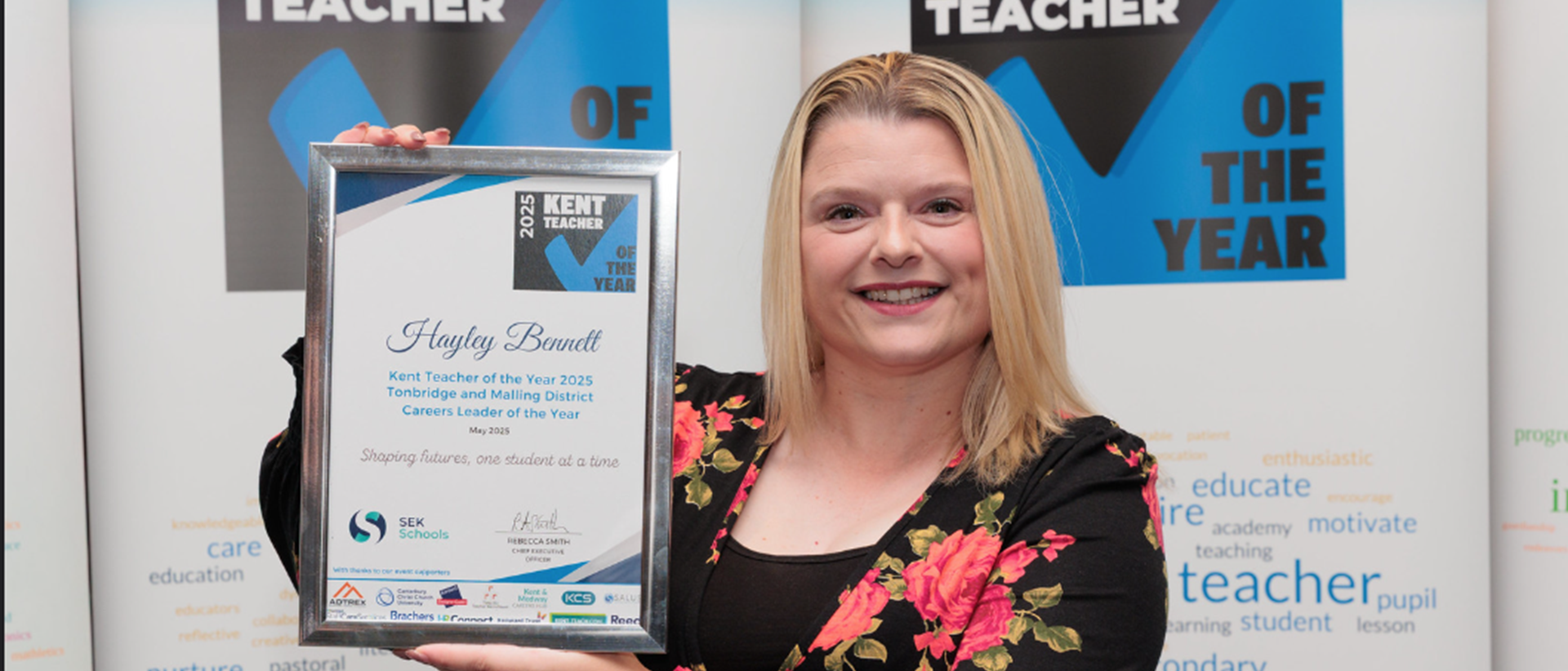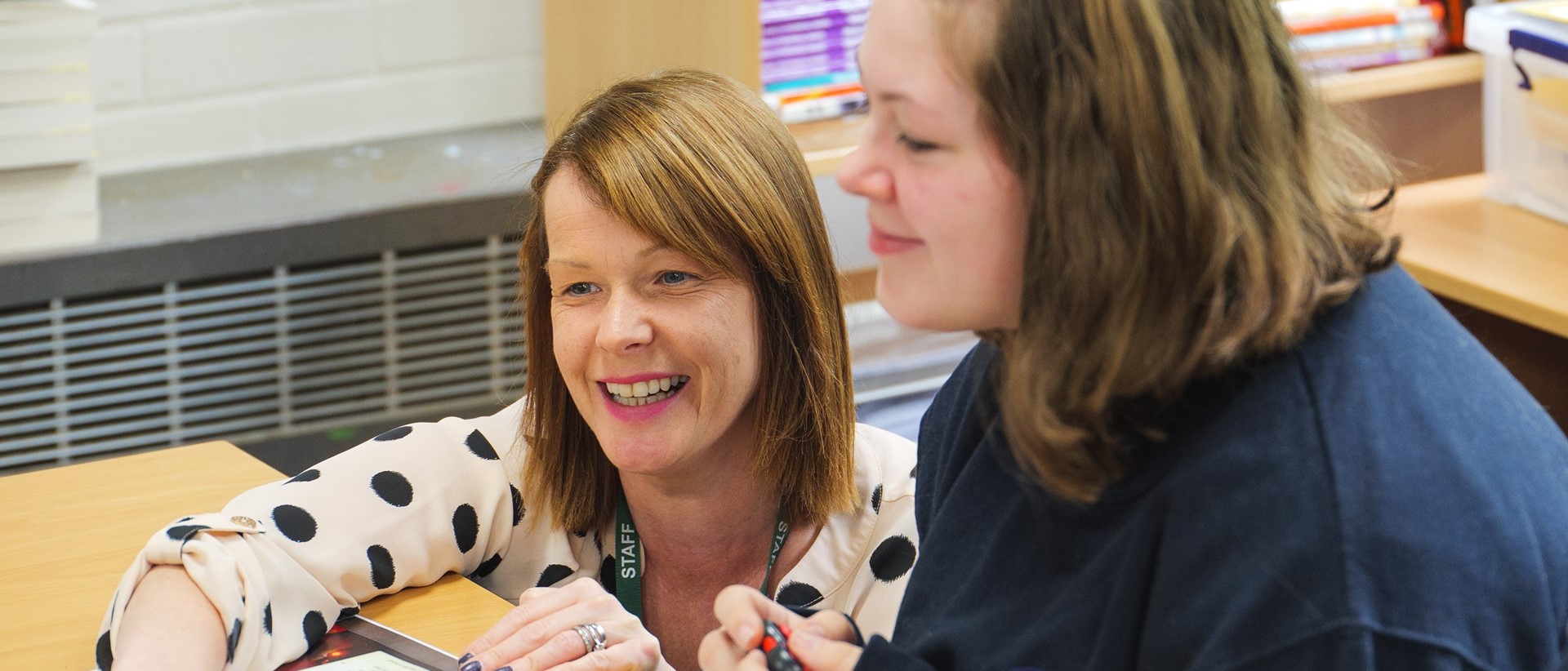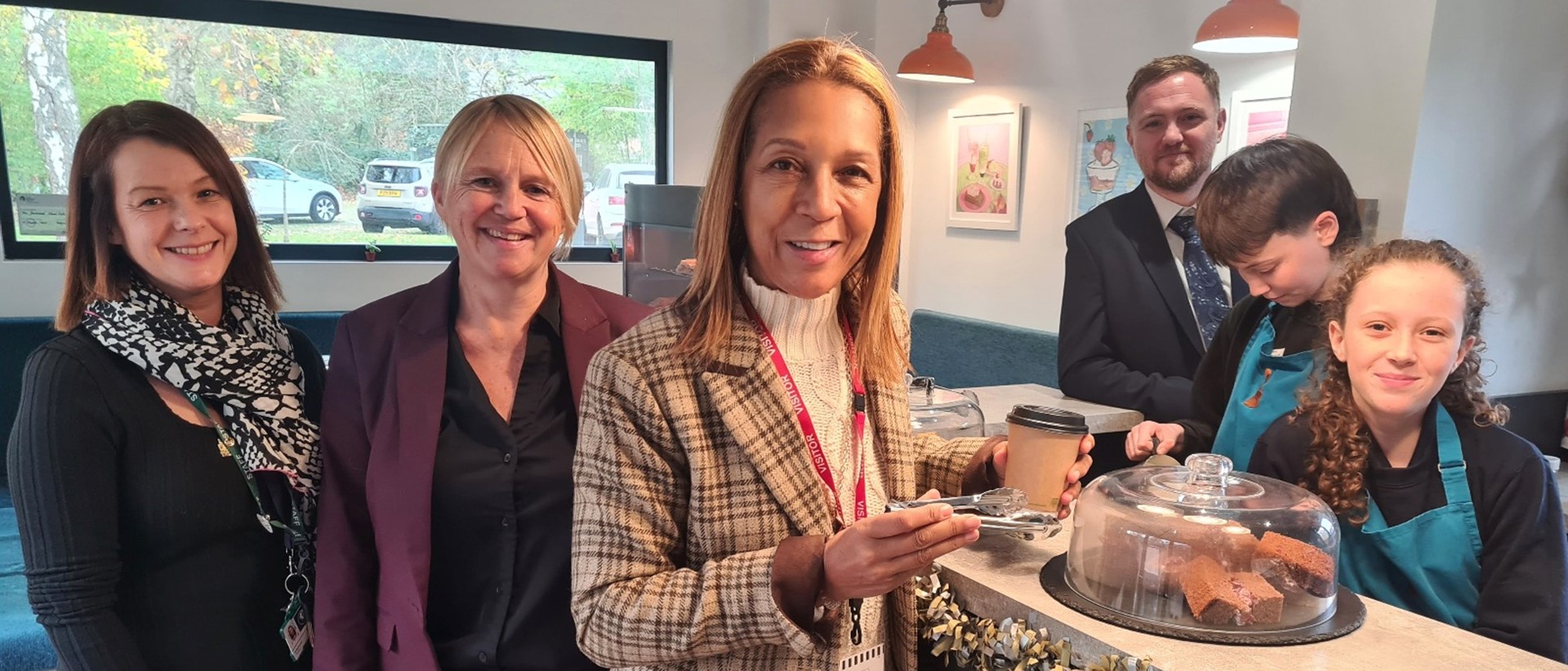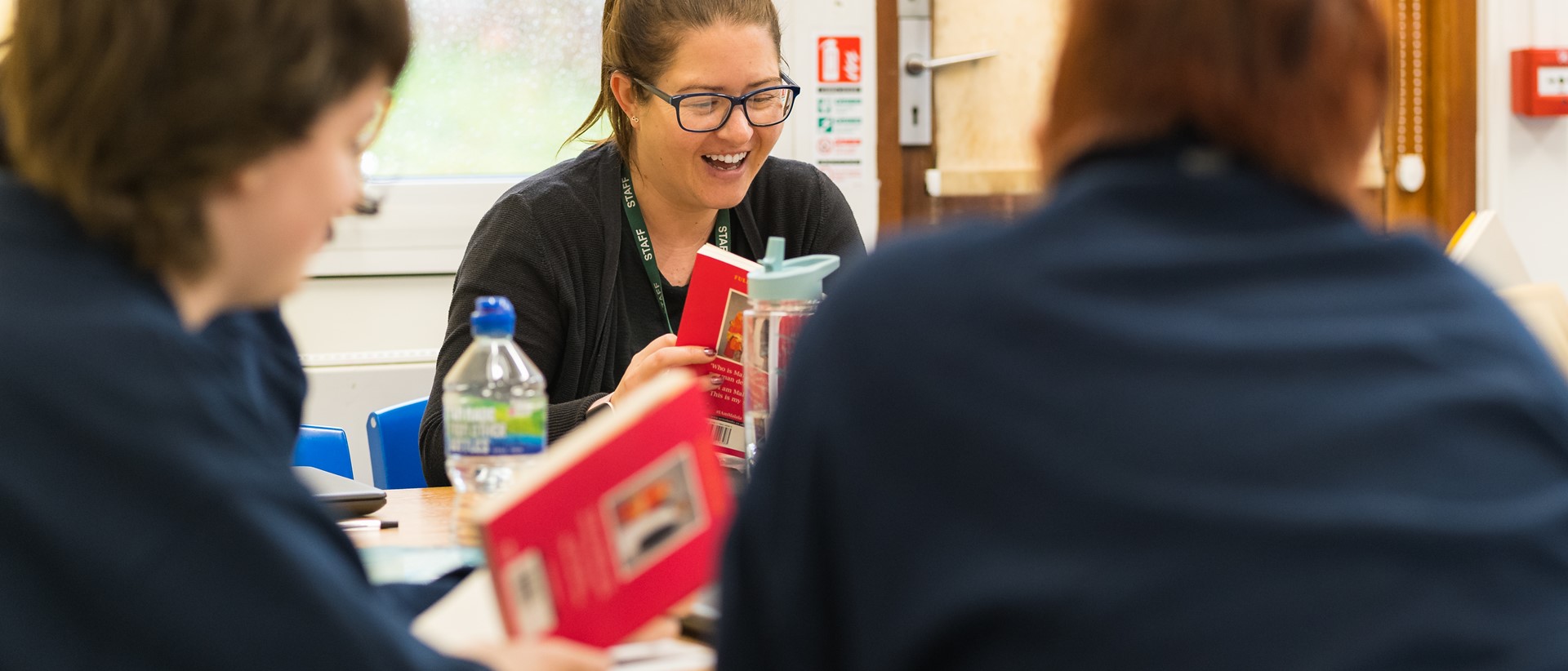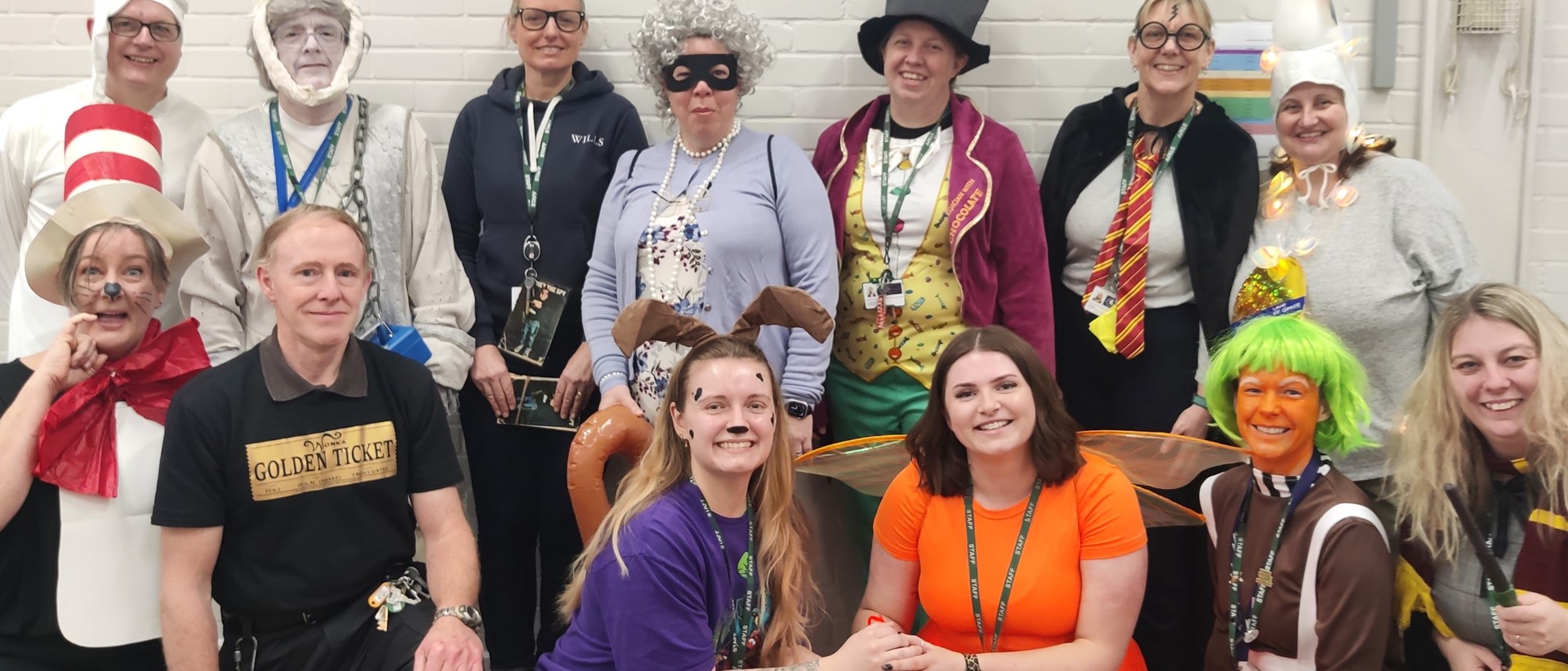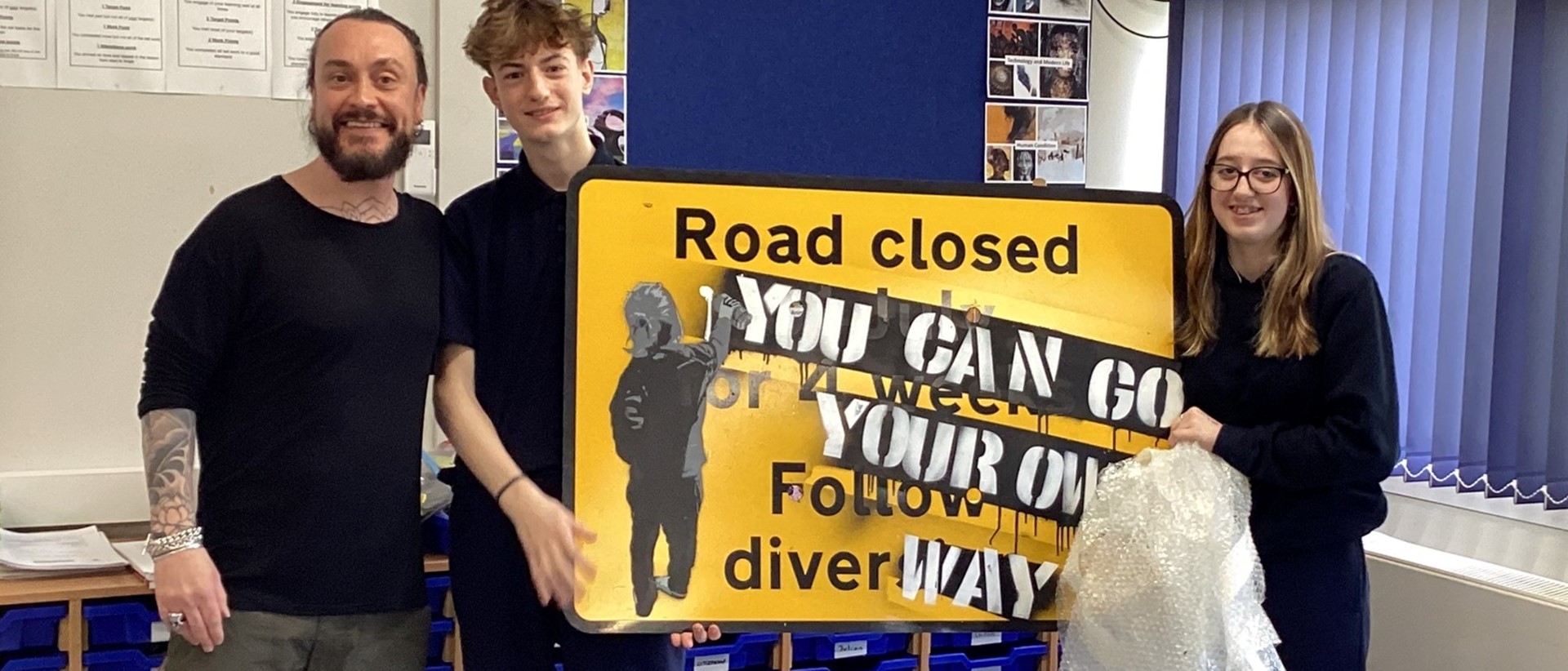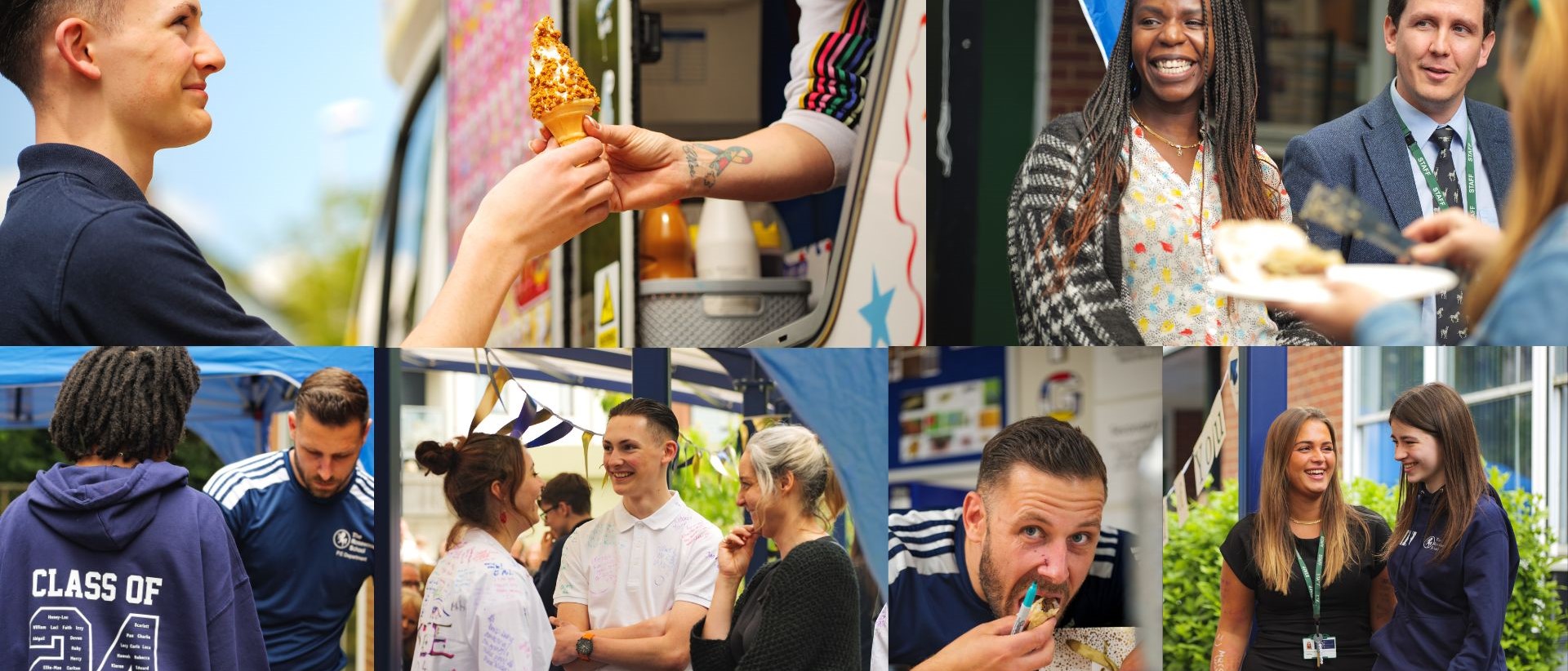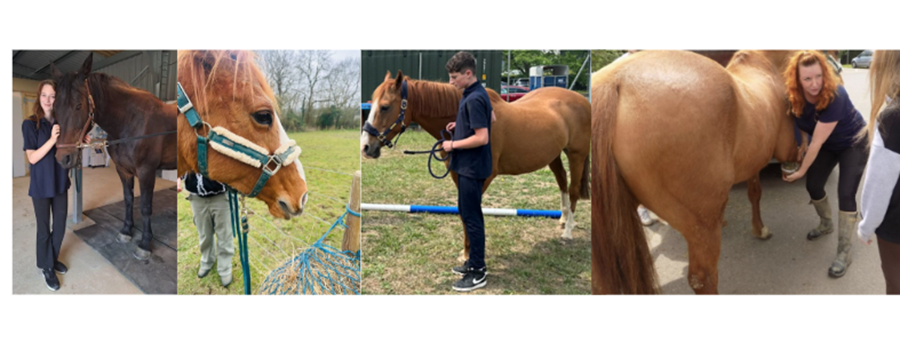
Hi Miss Glen! Please could you tell us a little about yourself and your role at TRS?
I’m usually found in the classrooms at TRS on Mondays, Tuesdays, Thursdays, and Fridays, supporting our Staplehurst pupils. I teach Science, oversee extra-curricular clubs such as gardening and book clubs, co-ordinate the AQA unit awards for our post-16 students, and provide TA support to our team of fabulous teaching staff.
I also run EFL sessions at both the Staplehurst and Leybourne schools, giving as many pupils as possible the opportunity to meet and handle the horses, sheep, and donkeys.
What is Equine Facilitated Learning and why has it been introduced to the curriculum at TRS?
Equine Facilitated Learning (EFL) involves working alongside horses in a safe, non-judgemental environment. It helps participants gain personal insight, develop wellbeing, and build essential life skills.
The sessions consist of ground exercises following a cycle of instruction, response, and feedback. This approach enables communication with the horse through body language, intention, and movement.
Horses are herd animals that seek safety, partnership, and leadership. They are highly sensitive to their surroundings and live in the moment. By building a positive, trusting relationship—where a horse willingly follows instructions—participants learn horsemanship skills, gain instant feedback, and build confidence as they achieve desired outcomes.
Learning in an outdoor, non-traditional classroom gives each pupil the opportunity to excel in new ways. Engaging with the horses teaches responsibility, communication, and decision-making, while creating unique and rewarding connections that boost self-esteem and confidence.
Can you tell us a little about the horses?
Rio and Cleo are both mares (female horses) living at home with me. Rio is now in semi-retirement at the ripe age of 25 years, whilst Cleo is still very active in her ridden life, enjoying dressage competition and lots of forest and beach hacks. Rio is a very experienced therapy pony and has a wonderful ability to know when her understanding is needed. Cleo loves a good groom and will often fall asleep whilst enjoying a cuddle.
What are the benefits of EFL to pupils of TRS?
Winston Churchill once said, “There is something about the outside of a horse that is good for the inside of a man.”
Spending time with horses supports wellbeing and personal development. EFL helps pupils improve communication, self-control, problem-solving, accountability, confidence, independence, and self-esteem.
Is EFL available to all pupils?
The EFL program at TRS is run on a 6-week cycle, with pupils in small groups of up to six participating each week. The programme is offered on rotation, so all pupils, depending on attendance, should have the opportunity to take part in this activity!

